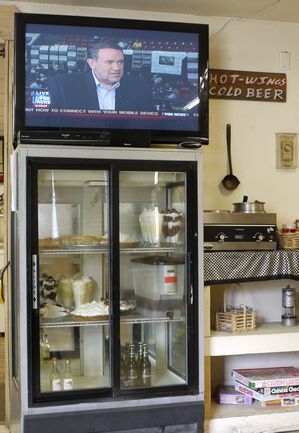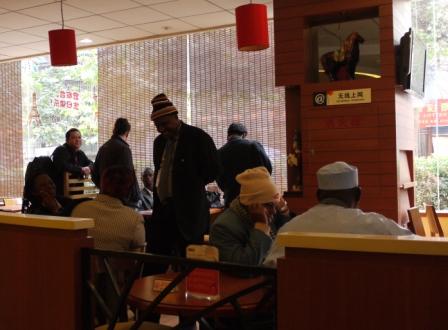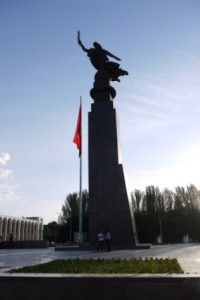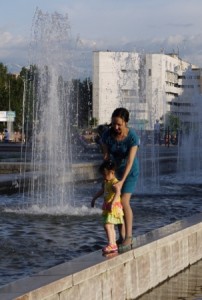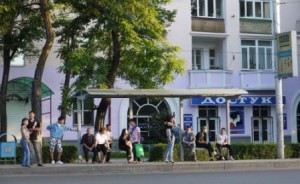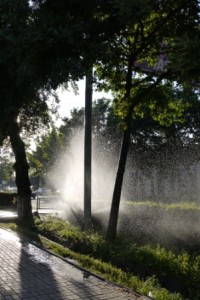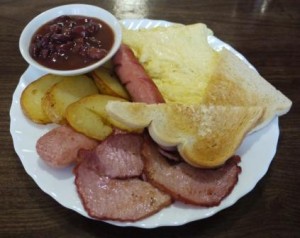I’m not Australian and don’t like to be called as such. Which happens fairly frequently in North America. Finding myself particularly riled by this, forcing myself to ponder why this might be. Of course, I know a good number of great people, destined to be life-long friends, who happen to be Australian. My issue firmly cultural rather than individual.
True, I admire their stoicism in the face of frequent adversity. Their self-reliance. Itself a little ironic for what appears to be the ultimate Nanny State. Runaway regulation. Officious bureaucracy. Federal system unwarranted for a population less than a third of that of the UK. Governed by a mediocrity of politicians. Always grains amongst the chaff. Anna Bligh, Queensland’s Premier. Met her briefly. But not Prime Ministerial material. Not that you need to be.
Some aspects simply amuse rather than annoy. Bowling greens and old fashioned social clubs, serving meals reminiscent of school dinners. Rather quaint. Like an Old Curiosity Shop. Finally embracing EFTPOS like it was a sparkly new children’s toy. Words like free or inclusive have largely been discarded from their lexicon, replaced by the likes of gourmet – pronounced ’gore-met’ – its application bordering on the abusive. It’ll be fondue sets next. Their de facto national dish as unoriginal as it is uninspiring in a continent of unique flora and fauna. Fish and chips. Almost criminal. But that’s history for you. Made worse by the fact that a rather better model for European colonisation lies right under their noses. New Zealand.
I’d been asked by one fellow traveller why I thought all this might be? What about atmospheric nuclear testing? I paused, albeit briefly, then replied, smiling, that my diary was clear next week. In the meantime, I’ll just have to settle for a friend’s suggestion. When asked by a US citizen if you’re Australian, reply by asking which part of Canada they come from…



